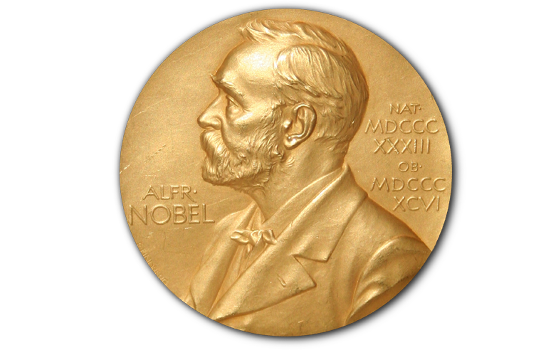WHO, China leaders discuss next steps in battle against coronavirus outbreak
- Details
- Category: Development
The Director-General of the World Health Organization (WHO), Dr Tedros Adhanom Ghebreyesus, met President Xi Jinping of the People's Republic of China in Beijing. They shared the latest information on the novel coronavirus 2019 (2019-nCoV) outbreak and reiterated their commitment to bring it under control.
Anticancer vaccines gain new lease of life with personalisation techniques
- Details
- Category: Development
Anticancer vaccines have gained a new lease of life with techniques to personalise them to individual patients. Cutting edge developments in this re-energised field were revealed at the ESMO Immuno-Oncology Congress in Geneva, Switzerland. The original anticancer vaccines, launched in the late 1990s, were based on shared tumour antigens and failed to induce a potent immune response.
Economic impact of excess weight now exceeds $1.7 trillion
- Details
- Category: Development
The impact of obesity and overweight on the U.S. economy has eclipsed $1.7 trillion, an amount equivalent to 9.3 percent of the nation's gross domestic product, according to a new Milken Institute report on the role excess weight plays in the prevalence and cost of chronic diseases. The estimate includes $480.7 billion in direct health-care costs and $1.24 trillion in lost productivity, as documented in
World Stroke Day - SVIN latest clinical trials and breaking science news
- Details
- Category: Development
The Society of Vascular and Interventional Neurology (SVIN) would like to announce today on World Stroke Day that it stands committed to the advancement of scientific research to improve the lives of stroke (aka brain-attack) patients worldwide. Stroke and interventional neurologists, who are members of the SVIN, working collaboratively with interventional neuro-radiologists and endovascular

The Nobel Prize in Physiology or Medicine 2018 was awarded jointly to James P. Allison and Tasuku Honjo "for their discovery of cancer therapy by inhibition of negative immune regulation."
- Details
- Category: Development
Cancer kills millions of people every year and is one of humanity's greatest health challenges. By stimulating the inherent ability of our immune system to attack tumor cells this year's Nobel Laureates have established an entirely new principle for cancer therapy.
University of Tokyo's RCAST, Fujitsu, and Kowa successfully create promising new compounds to fight drug-resistant cancer
- Details
- Category: Development
 The University of Tokyo's Research Center for Advanced Science and Technology (RCAST), Fujitsu Limited, and Kowa Company Ltd. today announced that using IT-based drug discovery technologies, which entails computer-based virtual design and evaluation, they have successfully created new small molecule compounds that can inhibit cancer-causing "target proteins," and that demonstrate promise against cancers that have shown resistance to existing drugs.
The University of Tokyo's Research Center for Advanced Science and Technology (RCAST), Fujitsu Limited, and Kowa Company Ltd. today announced that using IT-based drug discovery technologies, which entails computer-based virtual design and evaluation, they have successfully created new small molecule compounds that can inhibit cancer-causing "target proteins," and that demonstrate promise against cancers that have shown resistance to existing drugs. Analysis links US government global health R&D funding to jobs, economic benefits across states
- Details
- Category: Development
The Trump Administration's proposal to slash funding to fight global health threats like malaria, Ebola, and HIV/AIDS could cost states thousands of jobs and millions of dollars in economic investment and put the health of residents at risk, according to a new state-by-state analysis released today on Capitol Hill by the Global Health Technologies Coalition (GHTC). This first-of-its-kind analysis quantifies how federal funding to create vaccines and treatments to combat deadly global diseases also benefits American states.
More Pharma News ...
- Try exercise to improve memory, thinking
- Nanoparticles as a solution against antibiotic resistance?
- Three of the most deadly cancers get critical funding for research
- The Nobel Prize in Chemistry 2017 - Cool microscope technology revolutionises biochemistry
- Type 2 diabetes is a reversible condition
- Americans say discussions about clinical trials should be part of standard of care
- 27 Phase III and 8 Phase II Alzheimer's drugs on track to launch in next 5 years